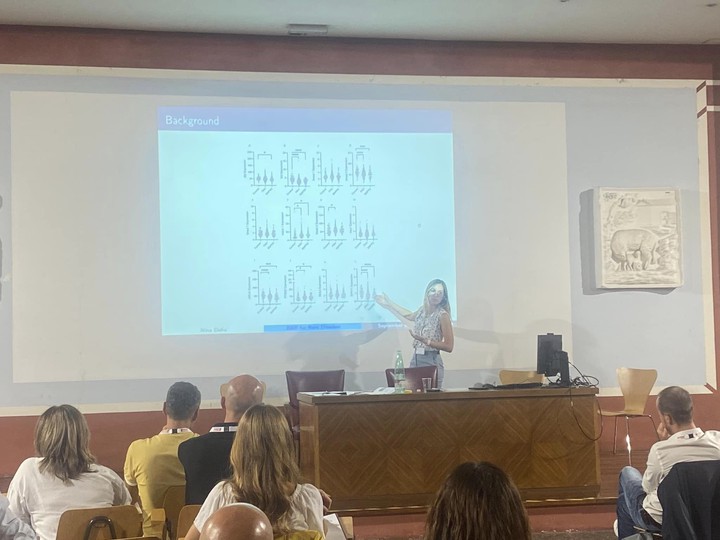Enhancing patient outcomes and statistical efficiency in rare-disease phase-II trials. The StratosPHere 2 study (Invited Talk @ Italian Bayesian Day 2023)

Abstract
Designing early- and late-phase clinical trials for rare conditions pose unique challenges, ranging from ethical considerations to generating robust inferences from limited sample sizes. In this work, guided by a rare-disease precision-medicine case study, we outline the potential of innovative designs for addressing the above challenges in small populations. We build on a response-adaptive randomization framework and incorporate Bayesian principles for utilising the continuously accrued responses to skew the allocation probabilities toward the most promising arms. Using prior patient data, extensive simulations are carried out for sample size evaluation with 20 patients per stratum. Compared to a traditional balanced design, the flexibility of the proposed framework results in substantial gains in both statistical power and a higher chance for patients to receive the superior arm.